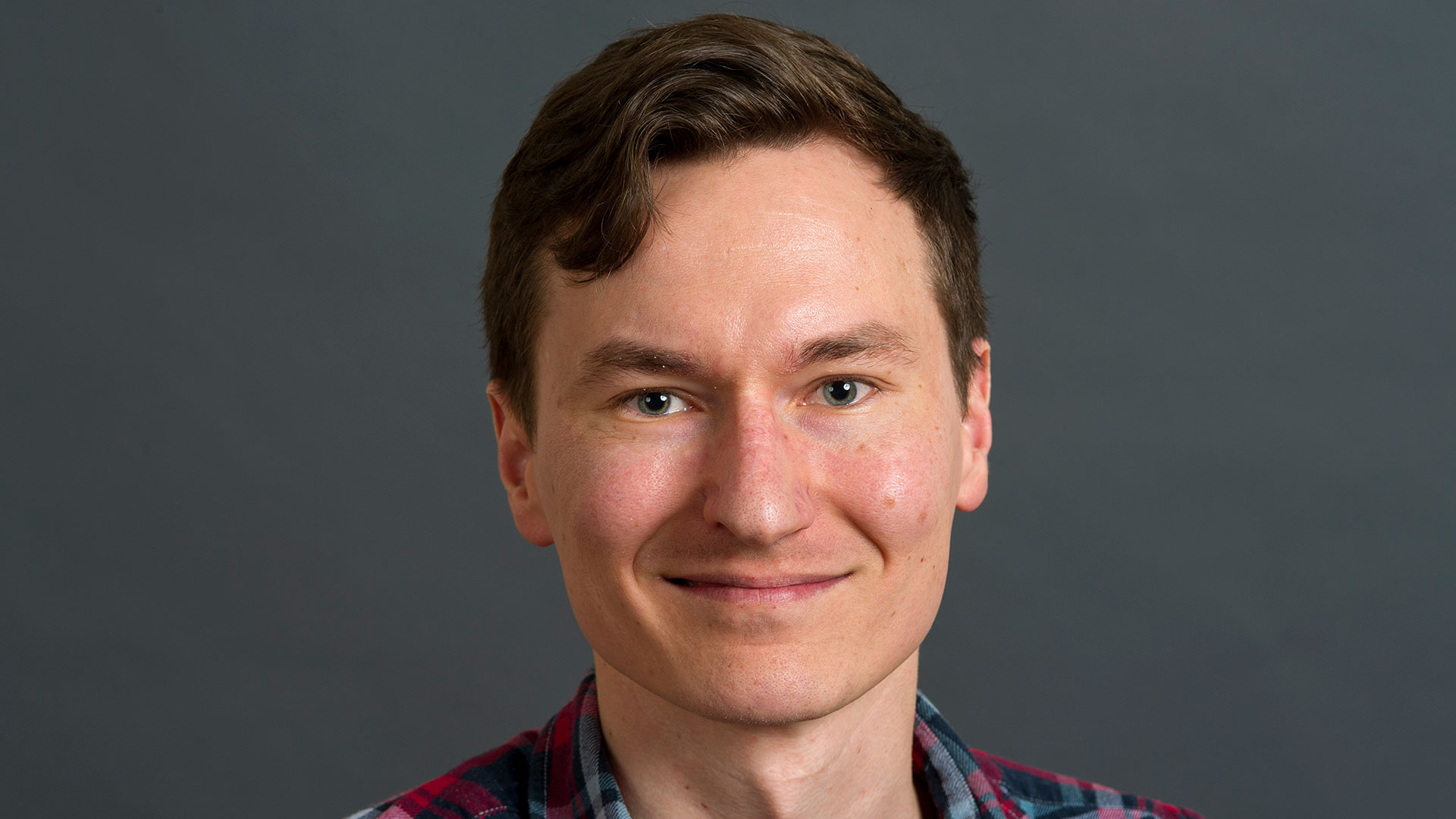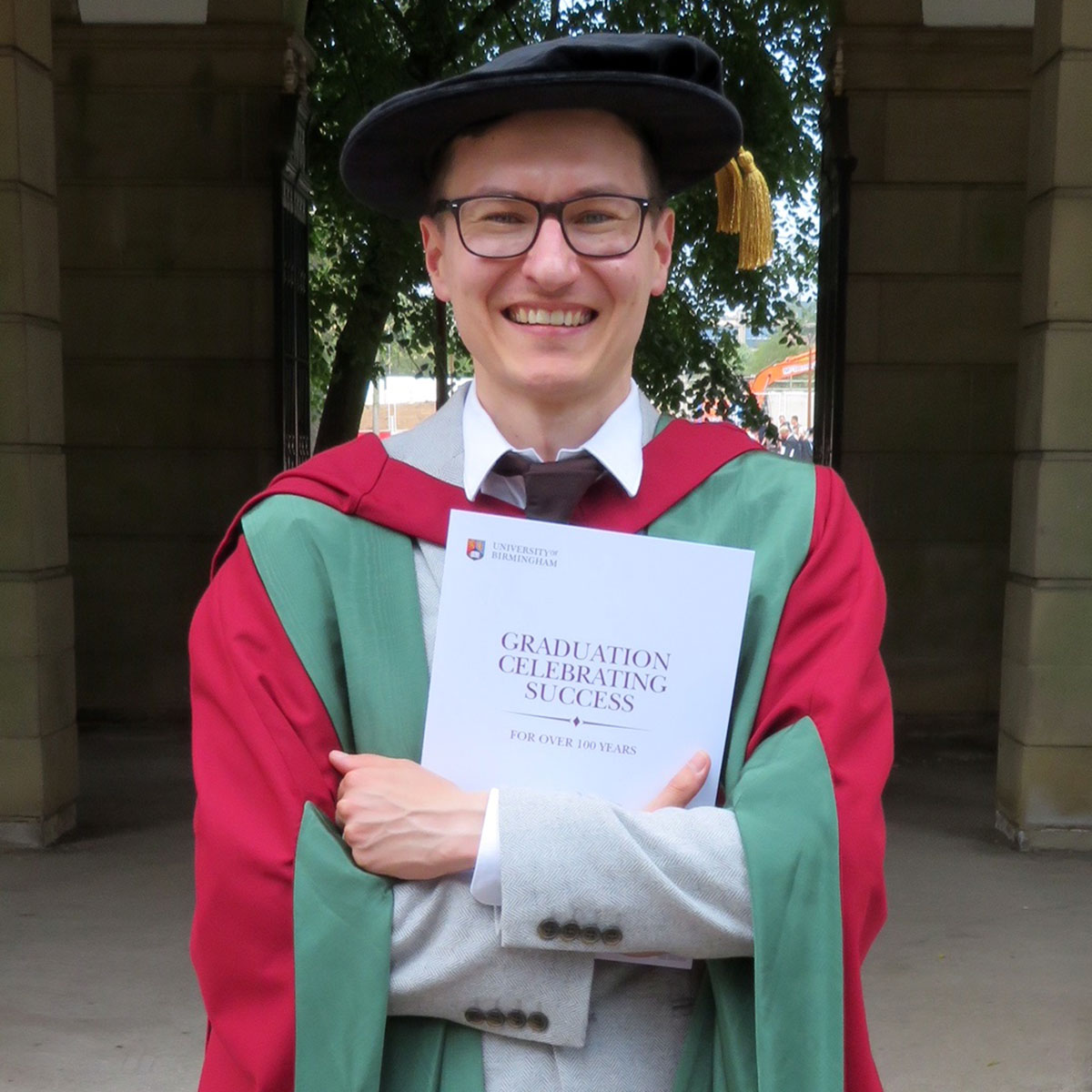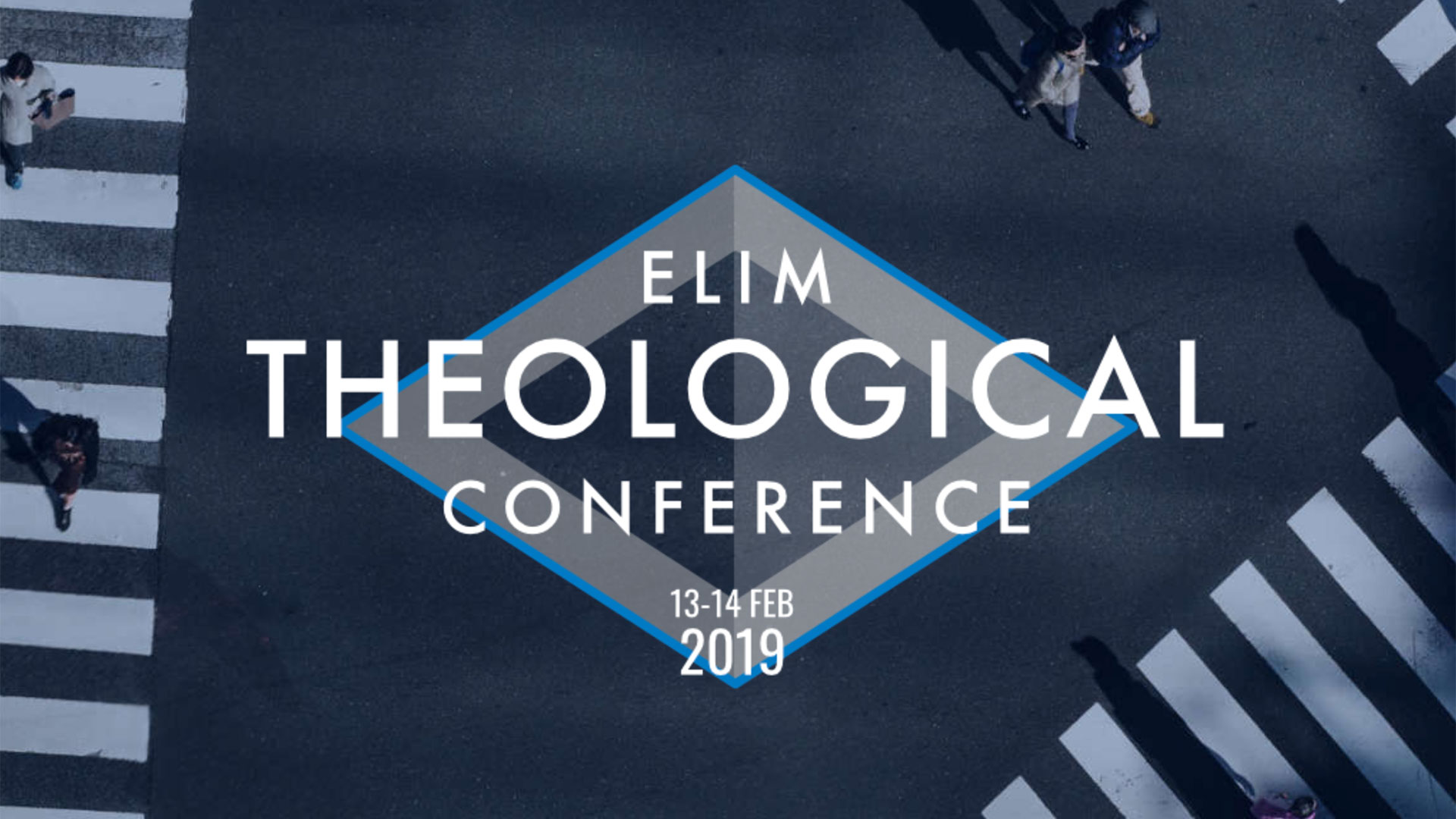
How we’re celebrating with someone who is shaping Pentecostal thinking
It’s been an amazing year for Regents, Elim Training and one person, in particular, has achieved a prestigious landmark, writes Dave Newton.
As we reflect on the past year, we at Regents and Elim Training are thanking God for his goodness to us in 2018 with some successful training events, new staff and a fantastic intake of students.
It is good and healthy to celebrate our successes, so I want to share one story of celebration that we have. Simo Frestadius, our Undergraduate Dean, became a doctor this year after having successfully been awarded a PhD by the University of Birmingham for his thesis on Pentecostal epistemology. [Epistemology is the study of the nature of knowledge, justification, and the rationality of belief.]
We are certainly celebrating with Simo and I am convinced that he will continue to shape Pentecostal thinking within our Movement, and across the world, with his own unique blend of humility and insight. He is clearly a change-maker for our generation and do not miss out on Simo’s input into Elim’s Theological Conference in February 2019.
I trust you will take time to reflect and celebrate God’s goodness and favour to you this past year. In addition, maybe 2019 is an opportunity for you to step into a new challenge – it may not look like a PhD… or maybe it will!
I asked Simo to help us to understand what his PhD is all about. Whilst this may slightly blow our minds it is worthwhile noting this thesis received academic acclaim, with Professor Allan Anderson commenting that it “is one of the best this examiner has ever read.
It is intellectually sophisticated and interdisciplinary in nature, and it never loses sight of its central theme. Without doubt, it makes an original contribution to scholarship… and this is done superbly.”
In addition, Professor William Kay noted, “Altogether this is a tour-de-force, and to change the metaphor, an intellectual banquet... if the university offers a prize for the best doctoral dissertation of the year, I would be glad to make this a nomination.”
Simo, tell us a little about your background and connection with Regents
Well, I have long been associated with Pentecostalism in various contexts having spent my childhood growing up on the mission field in Tanzania, then the majority of my teenage years in Finland, and most of my adult life in England.
I came to England to study at Regents Theological College and went on to complete a BA (Hons) and an MA at the college. I now work there as a lecturer, and, as well as being interested in philosophical and Pentecostal theology, I have lectured on practical theology, John’s Gospel, Christian apologetics and public theology.

Tell us more about your PhD and area of research
My PhD thesis offers a Pentecostal epistemology from a Foursquare perspective. I do this by constructing a rationality of Pentecostal Biblical Pragmatism which is informed by the history and theology of the Elim Movement.
I basically argue that ‘true’ to their spiritual and intellectual heritage, Pentecostals should embrace theological realism regarding the nature of truth.
Secondly, I propose that for Pentecostals the Bible has been and should remain as the grounding document and primary source of knowledge, before offering a biblical hermeneutic in line with a Pentecostal doctrine of the Bible.
Finally, I develop a pragmatic theory of epistemic justification with particular emphasis on Pentecostal ‘experientialism’ and ‘experimentalism,’ with the first focusing on personal encounters with God and the latter on the potential life-transforming effects that such encounters can have on people.
So what’s next and how will this research be used?
I hope the thesis will help Pentecostals – and those in Elim particularly – to appreciate that despite the common conception that Pentecostals are irrational (perhaps we are at times!), we have a rich intellectual heritage that can be drawn from when navigating through current theological and philosophical debates.
I suppose I want us as Pentecostals to be confident to stand on our own two ‘intellectual feet’ without having to borrow frameworks of thinking from traditions that are alien to our own spirituality.
Of course, his does not mean that we should not learn from others, but it does mean that when engaging with others we can do so from a place of ‘Holy Ghost boldness’.
In my future work and research, I would like to continue to develop a Pentecostal epistemology and to increasingly utilise it in exploring theological and philosophical issues.

Elim – in partnership with Regents Theological College – will be holding our first Theological Conference for more than ten years on 13-14 February 2019.
The Elim Theological Conference will provide space for Elim leaders to engage with thought-provoking presentations and create dialogue around key issues. In our time as pastors and ministry leaders working across one Movement, this is an opportunity to process and develop robust theological thinking in order to inform practice and further the mission.
Be part of this conversation, take some time out from the everyday schedule and help shape the Movement now and into the future.
Find out more at elim.training/theological
Enjoy this article? Don't forget to share